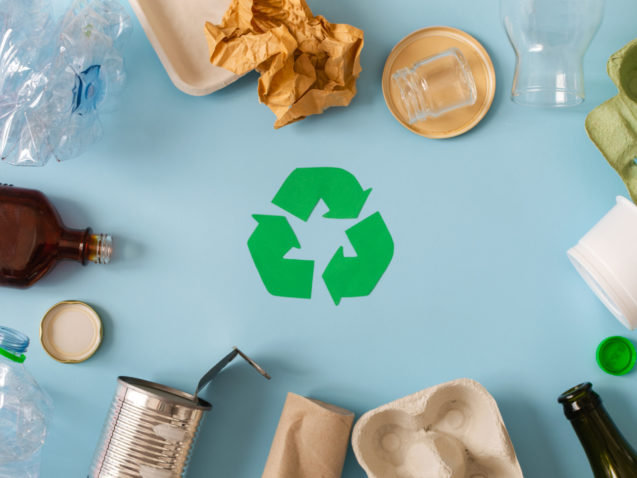Today, the European Parliament’s Environment Committee voted to adopt their report on the Packaging & Packaging Waste Regulation, which will steer Europe’s circular packaging ambitions for years to come. The vote offers some clarity on recyclability but falls short on reuse exemptions and allowing Member State derogations.
Dirk Jacobs, Director General of FoodDrinkEurope, said: “The vote shows that politicians have heard the alarm bells ringing over the poor state of our waste infrastructure here in Europe and it is good to see that they will push Member States to properly invest in these critical assets for packaging circularity.”
“It remains to be seen however how feasible the recycled content targets will be, especially since politicians rejected the possibility of reviewing them before the first deadline. It will also be important to ensure that national governments don’t start going beyond the proposed reuse targets, and in doing so, jeopardise the integrity of the Single Market, Europe’s most valuable asset.”
The vote wisely delivers on the food chain’s call for feasible and predictable timelines in our work to make packaging recyclable but unfortunately, MEPs did not include a review clause for 2030 recycled content targets. At present, we do not know whether there will be enough recycled material availability on the market and at what price, so a chance to review the recycled content target before the first deadline would have been sensible but, alas the Committee did not agree.
It is also unfortunate that politicians rejected the exemption from reuse targets, while setting even higher targets without an impact assessment. To set such ambitious legislation we need facts and data. A derogation from reuse targets where recycling rates in a Member States are above 85%, would have allowed enterprises to choose what they can do best. Under the report politicians passed today, enterprises will have to spread their resources to meet both recycled and reuse contents, rather than focusing on maximising success in one, which may lead to market inefficiencies.
Finally, the current text falls short on safeguarding food safety and hygiene in reuse targets, especially in transport packaging, an aspect which was disappointingly not even assessed in the European Commission’s impact assessment.
In spite of this, the food and drink industry remains committed to achieving more sustainable packaging. That’s why the industry will make all food and drink packaging recyclable or reusable by 2030 and will push 10m tonnes of recycled plastic into new products by 2025. See the concrete steps the food and drink industry is taking to achieve this here.




